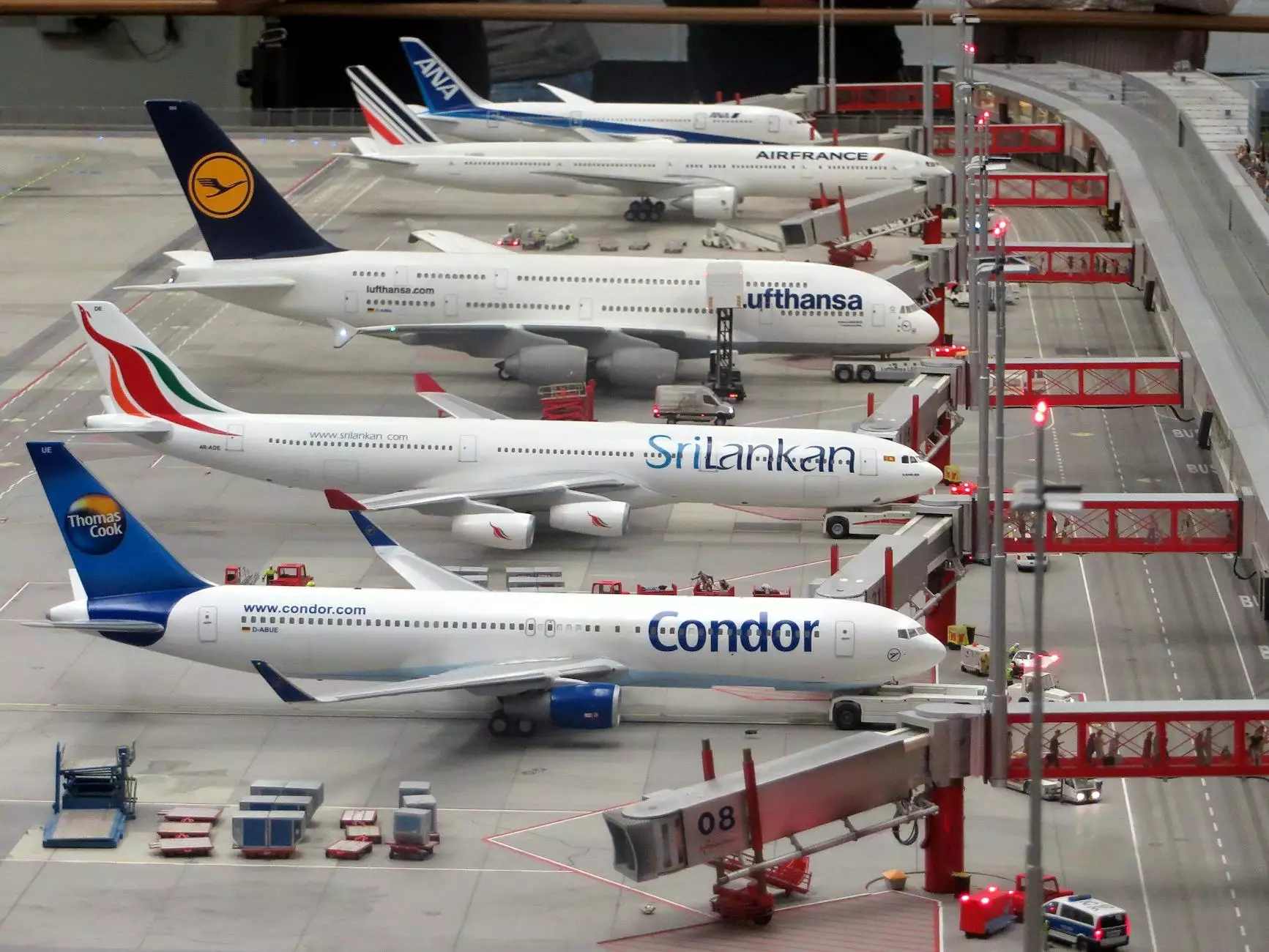Minimizing Air Cargo Costs for Your Shipping Needs

Introduction
When it comes to shipping items quickly and efficiently, air cargo is a preferred choice for businesses worldwide. However, managing the costs associated with air freight can be a daunting task. In this article, we will explore effective strategies to minimize air cargo costs for your shipping requirements. By implementing these tips, you can save valuable resources and optimize your transportation budget.
The Importance of Managing Air Cargo Costs
In the shipping industry, cost management plays a crucial role in determining a company's profitability. By keeping air cargo costs under control, businesses can allocate their resources efficiently and optimize their overall shipping operations. Balancing cost-effectiveness and timely delivery is vital, as it ensures customer satisfaction while maintaining a competitive edge in the market.
1. Utilize Consolidation Services
Shipping centers offer consolidation services, which allow you to combine multiple shipments into a single container or pallet. This approach reduces the overall shipping costs by maximizing the use of available space. By taking advantage of consolidation services, you can benefit from shared transportation expenses and more favorable pricing from airlines.
2. Optimize Packaging and Dimensional Weight
Proper packaging and optimizing dimensional weight can significantly impact your air cargo costs. Bulky and improperly packed items may consume excessive space, leading to higher expenses. Ensure that you utilize appropriate packaging materials and consider the dimensional weight guidelines provided by shipping carriers. By efficiently utilizing the available space, you can minimize unnecessary costs.
3. Consider Alternative Transportation Modes
While air cargo offers speed and reliability, it may not be the most cost-effective option for all shipments. Depending on the nature of your cargo, considering alternative transportation modes such as sea freight or road transportation can result in substantial cost savings. Analyze the weight, dimensions, and urgency of your shipment to determine the most suitable mode of transportation.
4. Opt for Flexible Schedules
Airlines often offer different pricing tiers based on the flexibility of your shipping schedule. By choosing more flexible delivery dates, you can secure lower rates, especially for non-urgent shipments. Plan your shipments in advance and collaborate with your logistics provider to identify cost-effective scheduling options that align with your business requirements.
5. Leverage Negotiation Power
Establishing strong relationships with transportation providers, including airports and shipping centers, gives you a negotiating advantage. Regularly review your contracts and explore opportunities to negotiate better rates. Demonstrating consistent shipping volume and reliability can help you secure more favorable terms, ensuring cost savings and enhanced service levels.
6. Proper Documentation and Compliance
Inaccurate or incomplete documentation can result in delays, fines, or additional charges. Ensure that you adhere to all customs and regulatory requirements to avoid unforeseen expenses and facilitate smooth transportation. Properly organized and accurate documentation minimizes the risk of penalties and costly disruptions in your shipping operations.
7. Utilize Technology and Automation
Embracing technological advancements in the shipping industry can streamline your processes and reduce costs. Utilize logistics management software that provides real-time shipment tracking, optimizes routes, and offers cost-saving analytics. Automation can enhance accuracy, efficiency, and transparency throughout your supply chain, ultimately leading to cost reductions and improved customer satisfaction.
Conclusion
In conclusion, minimizing air cargo costs requires a comprehensive approach that considers various factors, including consolidation services, packaging optimization, transportation mode selection, flexible scheduling, negotiation power, proper documentation, and technology utilization. By implementing these strategies, you can save significantly and maintain a competitive edge in the shipping industry. For more expert guidance on air freight and transportation-related matters, visit cargobooking.aero, your reliable source for all your freight needs.









